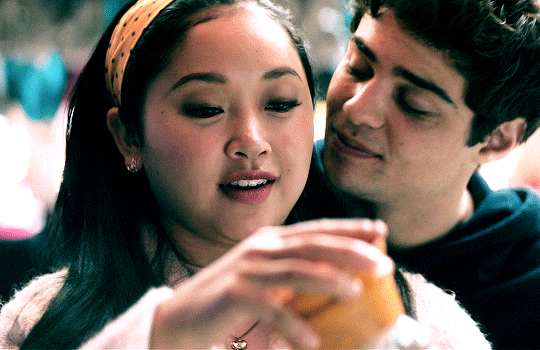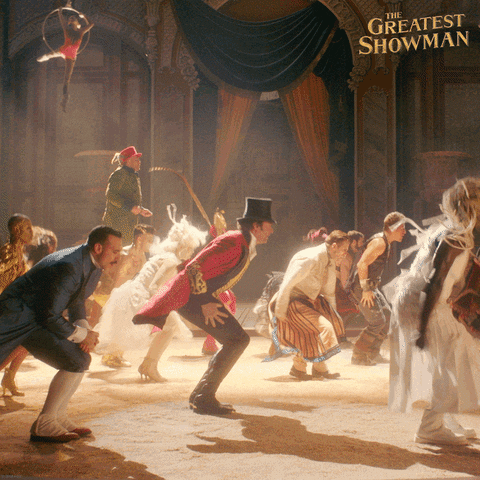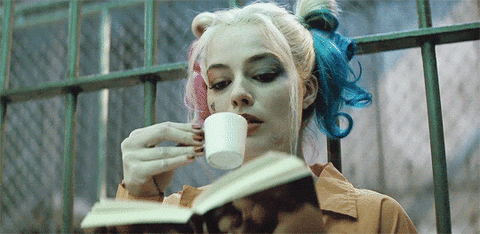Loveboat, Taipei author Abigail Hing Wen on the lack of Asian representation in YA
We need all the tips to find our Boy Wonder.
This post is sponsored by Simon & Schuster (UK).
If you’re on the market for a new YA read – we’ve been loving Abigail Hing Wen’s debut release, ‘Loveboat, Taipei‘. It follows the story of Ever, an Asian American who is sent to rediscover her family roots in Taiwan. Follow her journey from rebelling against her parents’ rules to trying snake blood sake and finding her Boy Wonder.
‘Loveboat, Taipei’ is your debut novel – and it’s based on some of your own experiences! Was it difficult to share so much of yourself, or did this come naturally in the writing process?
This question actually came up during my tour from an older Asian American woman. She asked, “did you feel hen bu hao yi si,” which means embarrassed. Over the years, I’ve heard of other cultures and subgroups that place a high value on everything looking good on the outside, when things may be fundamentally wrong on the inside, or at the least, not airing your dirty laundry.
My answer is that I felt it was important for us to share what is real and vulnerable so that we can better help and know each other. One of the reasons Jenna couldn’t get help for her depression for so many years and Xavier for his learning difference is partly this inability to be vulnerable.
That said, while Ever’s internal experience of discovering her identity and learning how to pursue her dreams is mine, her external ones are her own.
What kind of research or preparation did you do in addition to your own personal experiences of Loveboat?
I had many conversations with my husband, who attended Loveboat a few years before me. A lot of the early work was really distilling down the essence of what Loveboat meant to us — a chance to explore identity in all its facets. After I wrote a solid early draft, I took a 10-day trip to Taiwan on my own to do research. I also began to interview alumni from the program and filled in some of the gaps in my knowledge.
We loved how well ‘Loveboat, Taipei’ breaks down stereotypes about the Asian-American community. Did you write this book with the intention of doing that?
Yes, it was really important to showcase the diversity within the community. That diversity exists and by itself breaks down stereotypes, just by letting the characters be themselves.
I am especially passionate about broadening our conception of what leadership looks like. There are so many kinds of strengths. Ever has an eye for talent and calls it out. Sophie loves fashion and clothing and yes, she is boy crazy—and she also gets things done like no one else. Marc brings people together. They are all leaders in their own ways and it pays off when they give themselves permission to exercise those gifts.
For me, I had to make a choice about whether to share my novel at work. I’ve always worked in a very male environment and I did make a deliberate choice to begin to share about my novel. One well-meaning woman privately asked me if letting people know I’d written a romance novel undercut my authority. I agreed it was a risk to share, but I also want to broaden what leadership looks like. If male leaders in my industry can rave about fantasy football and sports races, then I can talk about my published novel. And instead of undercutting my authority with men, I think it has done the opposite.
There’s a clear lack of Asian representation in YA at the moment, and we’ve seen how excited readers were for your book because of this. What do you think the publishing and entertainment industries as a whole can do to help remedy this?
Thanks for this question! I’m honored to be a part of a movement in which there is a growing recognition that diverse stories can appeal to all audiences. I thank the creators and early champions of Hamilton, To All the Boys I’ve Loved Before and Crazy Rich Asians for opening that door.

But there is still a lot of work to be done. Even today, a general audience reader might not naturally pick up a book with an Asian American girl on the cover. It takes committed and ongoing evangelizing by the publishing and entertainment industry, really working to bridge those gaps to get books and movies into the hands of a wide range of booksellers and readers. I’ve heard from several booksellers who are hand-selling ‘Loveboat, Taipei‘ one book at a time–this might not be standard practice but is incredibly important for books that are outside the mold. It also takes patience — recognize that all may not go as smoothly as we hope, but that with persistence, the rewards will be worth it.
In the story, Ever has a huge passion for dance. What’s one of your passions in life that we might not expect?
I too love to dance! I didn’t realize quite how much until I wrote ‘Loveboat, Taipei‘. There is a scene in which Ever dances alone in her room, and in the process of dancing, she comes to a deeper understanding of who she is and what she needs next. That was very much me during the writing of this book–I figured out many things while dancing in my living room, especially to our record of The Greatest Showman.

Ever has a lot of internal conflict because of her overbearing parents and a need to break free from them. Do you have any advice for teens who find themselves in a similar situation with their family?
Great question! My dad came to the United States when he was 13, so he was a little more Americanized than my Asian American friends’ parents. He wasn’t a typical dad—we would often negotiate rules, and he would let me win if I was convincing. It taught me an important lesson early on—that I could disagree and prevail if I had a sensible idea. I think that freedom made me a little less rebellious than some of my peers.
But I really felt a weight of expectation from others in the community. Some of that was supportive, but some of that felt like a cage.
As for advice for teens, wow, this is hard. I wish I could say talk it out honestly with your parents, but not everyone is in a position to do that. I would say—take baby steps and pick your battles. Save the gunfire for the big issues that really matter to you, like your choice of college major or who you date.
Also something to keep in mind: While you’re a student living under your parents’ roof, it’s harder to strike out and do what you want. That will come to an end. You’ll become an adult and no one will be responsible for your decisions except yourself.
There are moments in the book which involve incredibly vivid descriptions of food, like Ever’s huge platter of fried eggs. What are some of your favourite local foods from when you attended Loveboat?
So many! I love oyster pancakes, and soy milk with shao bing you tiao, which sounds like a very odd combination (a sandwich made of a sesame bread and a deep-fried piece of dough). Together, these three flavors and textures are heavenly. I also love bubble tea!
‘Loveboat, Taipei’ is filled with strong secondary characters. We especially loved Xavier’s fight against his own personal demons. Did you always have a clear picture in your head of how these secondary characters would develop alongside Ever, or did they come to be as you were writing?
I started this novel with a high concept — the program– but for a long time, I wasn’t sure who needed to go on it. So I wrote it from four different points of view — Ever, Rick, Sophie and Xavier. Eventually, I realized I couldn’t do all four justice, and I ended up rewriting the whole novel from scratch, from Ever’s point of view. But all that work paid off since I knew the other characters so well.
I talk about this arduous process in a piece I wrote for Cynsations.
What book could you read over and over again?
I used to read Laura Ingalls Wilder books over and over, especially ‘These Happy Golden Years’. I adore Sarah J Maas’s Court of Thorns and Roses series, especially book 2. And I love Shaun Tan’s wordless graphic novel, ‘The Arrival’.

Lastly, what advice would you give to aspiring authors?
It takes persistence and perseverance. Michael Jordan and Tiger Woods have both said they have been so successful because they’ve tried for so many. Thomas Edison is famous for some key patents, and it turns out he actually had over 1000. For me, I wrote five novels over twelve years before this one broke through. Take risks, put yourself and your writing out there, get feedback and go for it!
‘Loveboat, Taipei’ is available to buy now, here.



